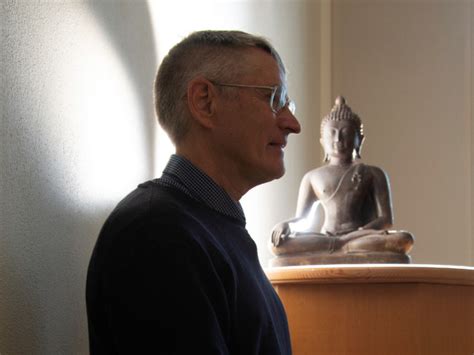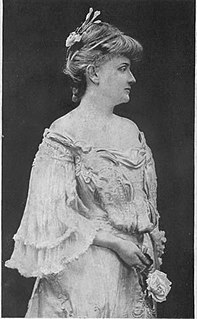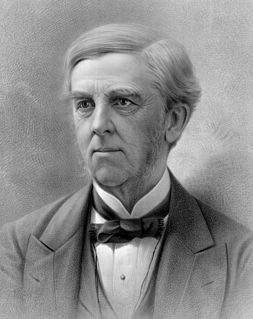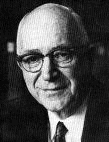A Quote by Henry Miller
One of the reasons why so few of us ever act, instead of react, is because we are continually stifling our deepest impulses.
Related Quotes
Why is discipline important? Discipline teaches us to operate by principle rather than desire. Saying no to our impulses (even the ones that are not inherently sinful) puts us in control of our appetites rather than vice versa. It deposes our lust and permits truth, virtue, and integrity to rule our minds instead.
Worship is the highest act of which a person is capable. It not only stretches us beyond all the limits of our finite selves to affirm the divine depth of mystery and holiness in the living and eternal God, but it opens us at the deepest level of our being to an act which unites us most realistically with our fellow people.
But who can foresee such things? None of us can predict the final outcomes of our actions, and few of us even try; most of us just do what we do to prolong a moment's pleasure or to stop the pain. And even when we act for the noblest reasons, the last link of the chain all too often drips with someone's blood.
Nothing can tell us so much about the general lawlessness of humanity as a perfect acquaintance with our own immoderate behavior. If we would think over our own impulses, we would recognize in our own souls the guiding principle of all vices which we reproach in other people; and if it is not in our very actions, it will be present at least in our impulses. There is no malice that self-love will not offer to our spirits so that we may exploit any occasion, and there are few people virtuous enough not to be tempted.
Commitment to the truth...means a relentless willingness to root out the ways we limit or deceive ourselves from seeing what is, and to continually challenge our theories of why things are the way they are. It means continually broadening our awareness. It also means continually deepening our understanding of the structures underlying current events.
Why are we reading if not in hope that the writer will magnify and dramatize our days, will illuminate and inspire us with wisdom, courage, and the possibility of meaningfulness, and will press upon our minds the deepest mysteries, so that we may feel again their majesty and power? What do we ever know that is higher than that power which, from time to time, seizes our lives, and reveals us startlingly to ourselves as creatures set down here bewildered?






































